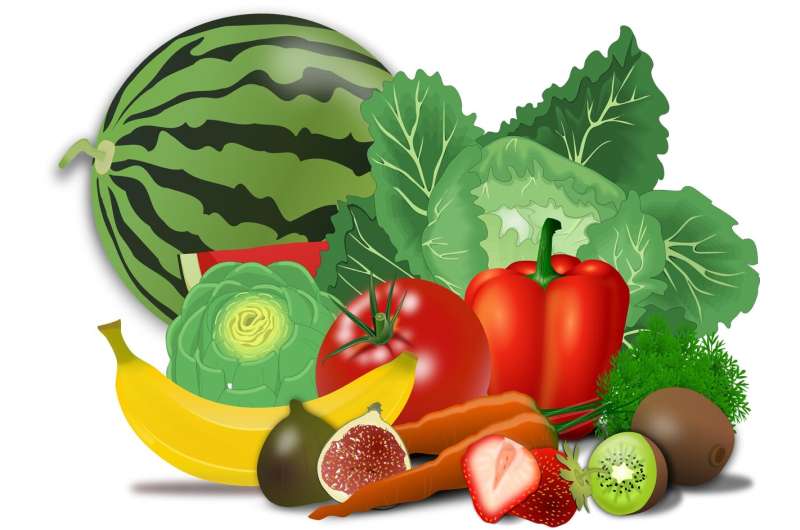Dietary Factors Influencing Survival in Stage 3 Colon Cancer: The Role of Inflammatory Foods

New research reveals that consuming proinflammatory foods after stage 3 colon cancer diagnosis can significantly increase the risk of death. Adopting an anti-inflammatory diet may improve survival outcomes.
Emerging research indicates that the foods consumed after a diagnosis of stage 3 colon cancer could significantly influence patient outcomes and survival rates. A recent study analyzing over 1,600 patients found that those who consumed diets high in proinflammatory foods faced an 87% increased risk of mortality compared to individuals whose diets were low in such foods. These proinflammatory items may trigger an inflammatory response characterized by swelling and irritation, which over time contributes to chronic inflammation—a recognized factor in the development and progression of various diseases, including cancer.
Lead researcher Dr. Sara Char from the Dana-Farber Cancer Institute emphasized the importance of dietary patterns in cancer prognosis. The study, presented at the American Society of Clinical Oncology meeting, highlighted that while the use of anti-inflammatory medications like celecoxib did not alter the relationship between diet and survival, increased physical activity improved outcomes considerably.
The study also referenced that inflammation, while a natural body response to injury, can become harmful when chronic. Persistent inflammation is linked to cancer growth and spread, and some anti-inflammatory drugs have shown potential in reducing recurrence risk.
Foods promoting inflammation include white bread, sugary drinks, fried foods, processed meats, and alcohol. Conversely, a diet rich in anti-inflammatory foods such as leafy greens, vegetables, whole grains, nuts, seeds, and omega-3-rich fatty fish can be protective. Many health experts recommend the Mediterranean diet as a beneficial approach.
Physicians stress that focusing on overall dietary patterns and lifestyle habits is key to managing inflammation and potentially improving survival outcomes. Combining healthy eating with regular physical activity forms the cornerstone of a comprehensive approach to reducing inflammation. This ongoing research aims to further understand how diet and lifestyle influence cancer prognosis, especially in younger patients and those with more advanced stages.
With colon cancer affecting approximately 150,000 Americans annually and being a leading cause of cancer-related deaths, implementing anti-inflammatory dietary habits is an essential part of post-treatment care. The current findings underscore the importance of lifestyle choices in cancer management and highlight the potential benefits of an anti-inflammatory lifestyle.
Source: https://medicalxpress.com/news/2025-06-proinflammatory-foods-higher-death-colon.html
Stay Updated with Mia's Feed
Get the latest health & wellness insights delivered straight to your inbox.
Related Articles
New Report Highlights Global Food System Challenges and Solutions for a Sustainable Future
The 2025 EAT-Lancet Commission reports that while food production is sufficient globally, billions lack access to healthy diets and fair wages. Transformative strategies are urgently needed to promote sustainable, equitable, and nutritious food systems to protect human and planetary health.
Updated Global Dietary Guidelines Advocate for More Plant-Based Foods and Reduced Meat Consumption
Recent global dietary guidelines highlight the benefits of increasing plant-based foods and reducing meat consumption to improve health and protect the environment.
Rethinking Fruit and Vegetable Intake: How Much Do We Really Need Daily?
Recent research suggests increasing daily fruit and vegetable intake beyond the traditional five servings can significantly reduce the risk of chronic diseases and improve longevity. Learn how to boost your diet today.
Can Eating Mango Daily Help Prevent Diabetes?
Recent research reveals that daily mango consumption may offer protective benefits for prediabetics, emphasizing the importance of whole foods and nutritional context in diabetes prevention.



